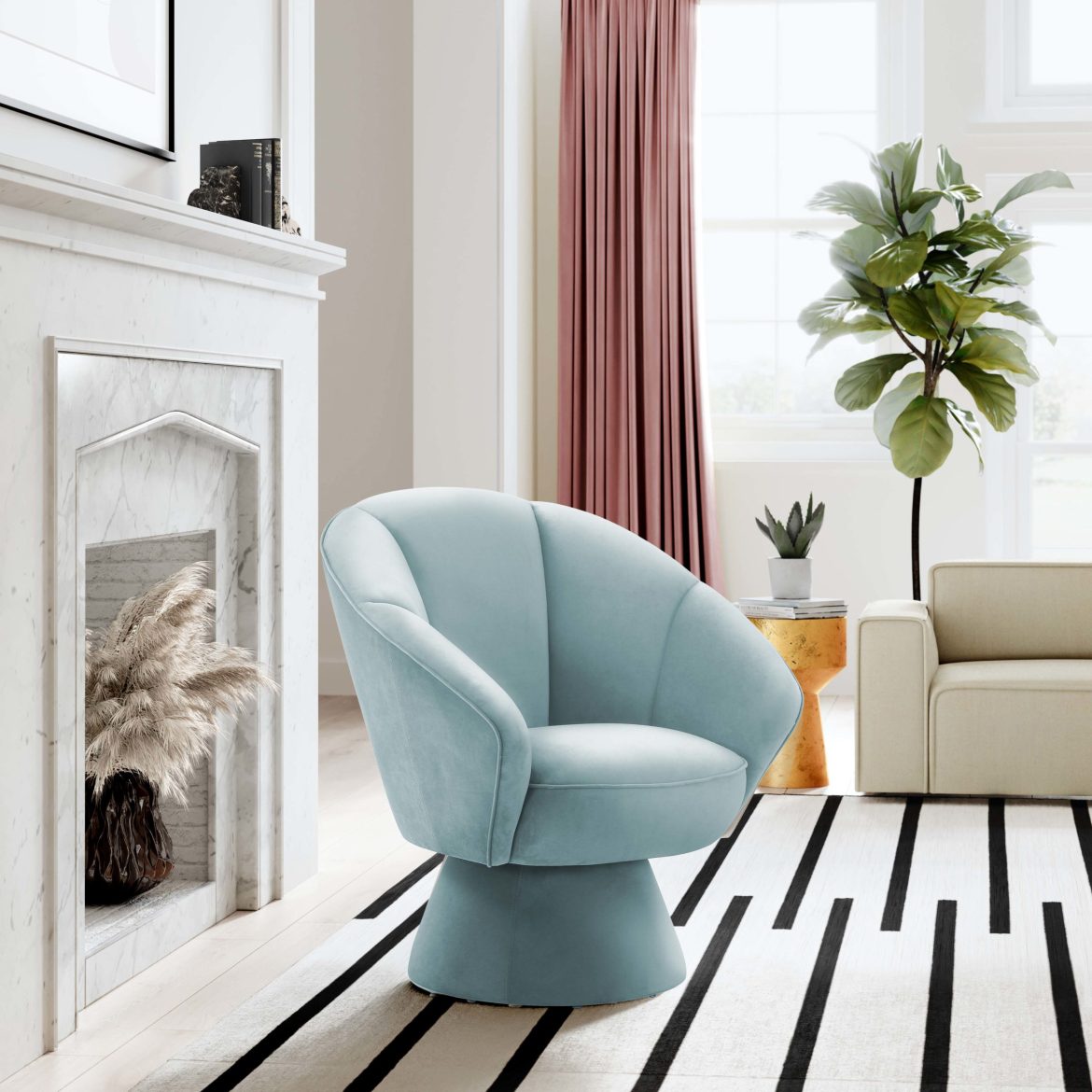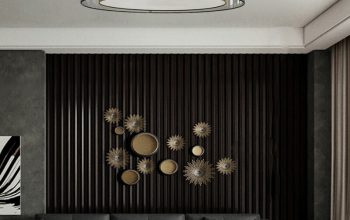When we think of beauty, we often imagine something flawless, perfect, and symmetrical. However, the Japanese philosophy of Wabi-Sabi challenges this conventional view by celebrating the beauty in imperfection, transience, and the natural cycle of decay. This ancient concept has not only impacted Japanese art, design and architecture but has also inspired people all around the world to embrace the simplicity, humility, and authenticity of Wabi-Sabi. In this article, we will explore the inspirations of Wabi-Sabi in various areas of modern life.
Wabi-Sabi in Art
One of the most significant fields where the Wabi-Sabi philosophy has influenced is art. Wabi-Sabi aesthetics often value the beauty of simplicity, asymmetry, and modesty instead of grandiosity, ornamentation, and pomp. We can see the manifestation of Wabi-Sabi art in the works of the famous Japanese artists like Soetsu Yanagi, Shoji Hamada, and Bernard Leach. Their pottery, ceramics, and other crafted products have shown the beauty of not only the naturalistic design but also the characteristic of unintentional imperfections that occur during the creation of the artwork.
Wabi-Sabi in Design and Architecture
Wabi-Sabi philosophy has also impacted 21st-century design and architecture. Architects and designers around the world are increasingly incorporating Wabi-Sabi elements in their works. This style contrasts with the modern minimalism, neatness and status symbols of materialism, and instead focuses on simplicity, nature and spirituality. Many designers and architects believe that Wabi-Sabi design enhances the human experience by creating a sense of harmony and natural order in the built environment.
Wabi-Sabi in Fashion and Clothing
In recent years, Wabi-Sabi aesthetics have also impacted the fashion industry. Designers are turning to natural fibers, organic materials and irregular shapes in their clothing designs. The beauty of Wabi-Sabi clothing lies in their modesty and organic nature. The clothes are comfortable, unpretentious and bring a sense of tranquility and grounding to the wearer.
Wabi-Sabi in Everyday Life
Wabi-Sabi philosophy also has an impact in our everyday life. It is a reminder to focus on simplicity and authenticity in life. Wabi-Sabi encourages us to let go of the need for perfectionism and instead accept imperfection as a part of life. From a simple meal to gardening, Wabi-Sabi inspires us to embrace the natural and find beauty in ordinary things.
The Wabi-Sabi philosophy has come a long way, dating back to ancient Japan. Its inspirations can be seen in various fields of life, including art, architecture, fashion, and everyday living. Wabi-Sabi embraces the beauty of imperfection and encourages us to appreciate the simple and natural things in life. By incorporating Wabi-Sabi in our lives, we can find peace in the midst of abundance, simplicity in the midst of complexity, and beauty in the midst of imperfection.




